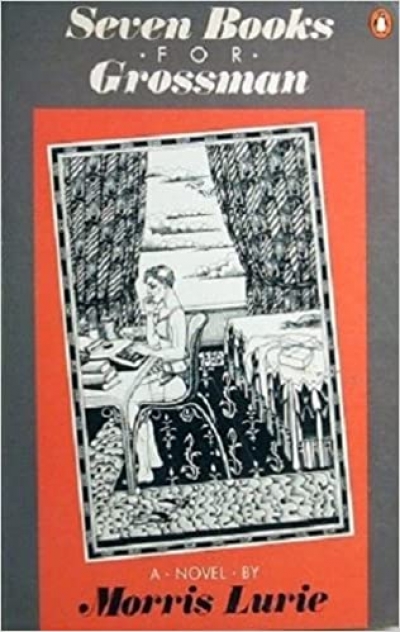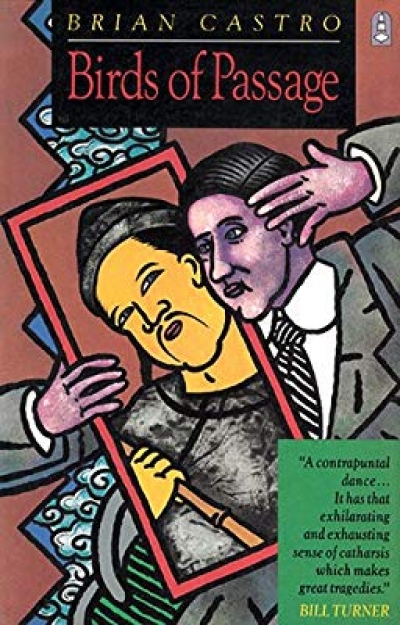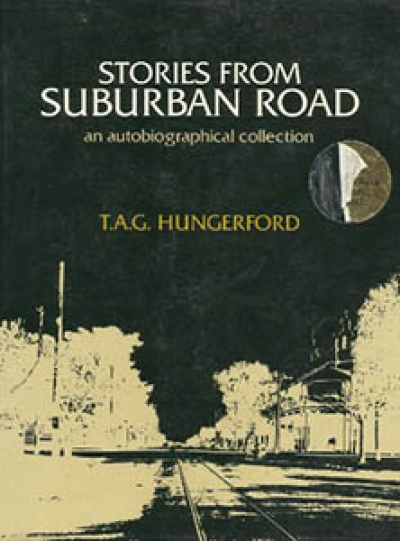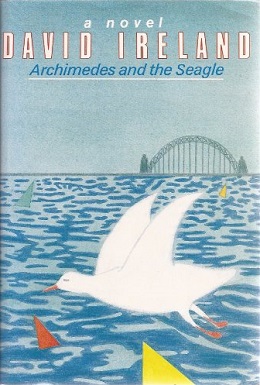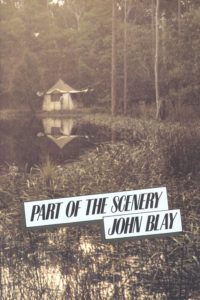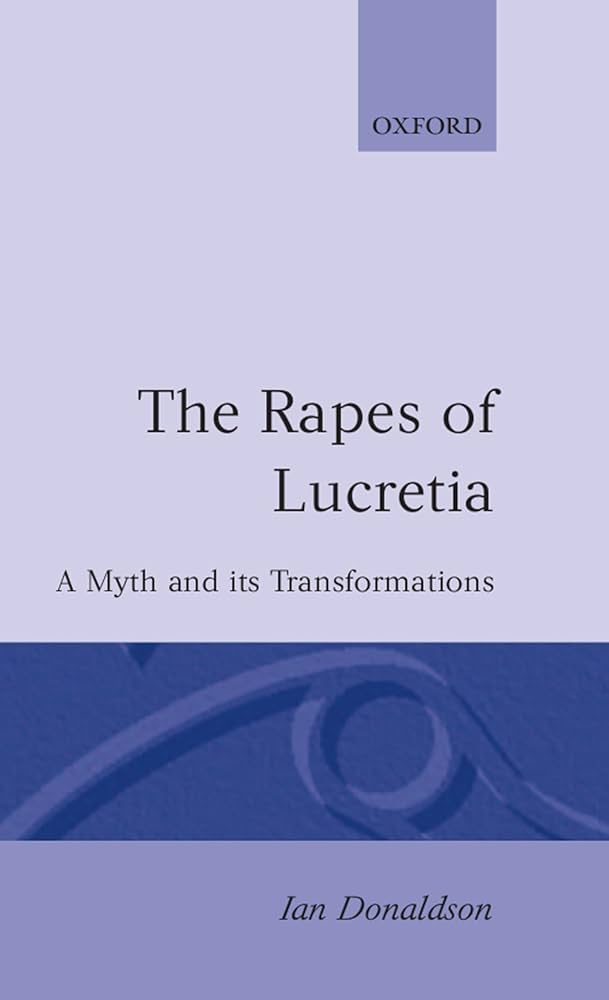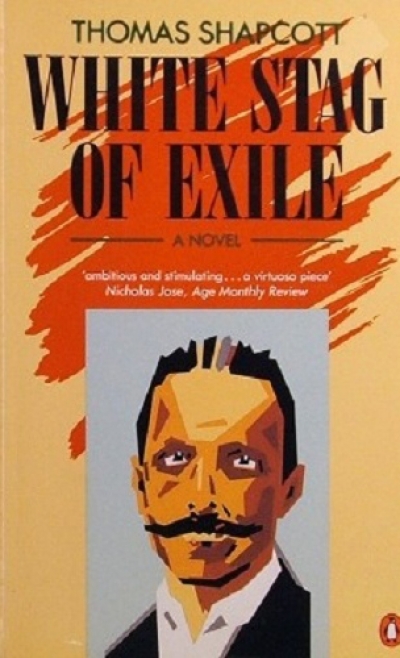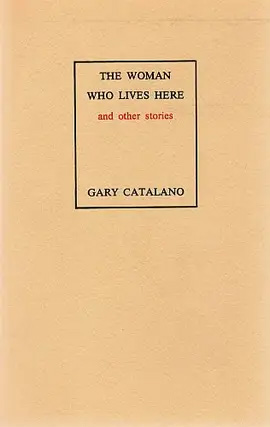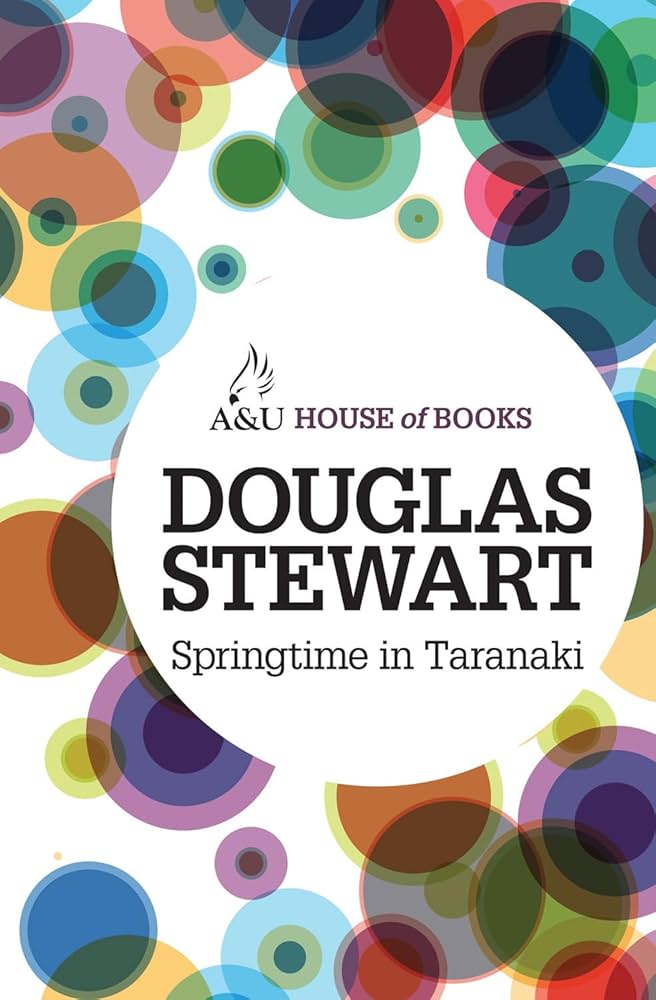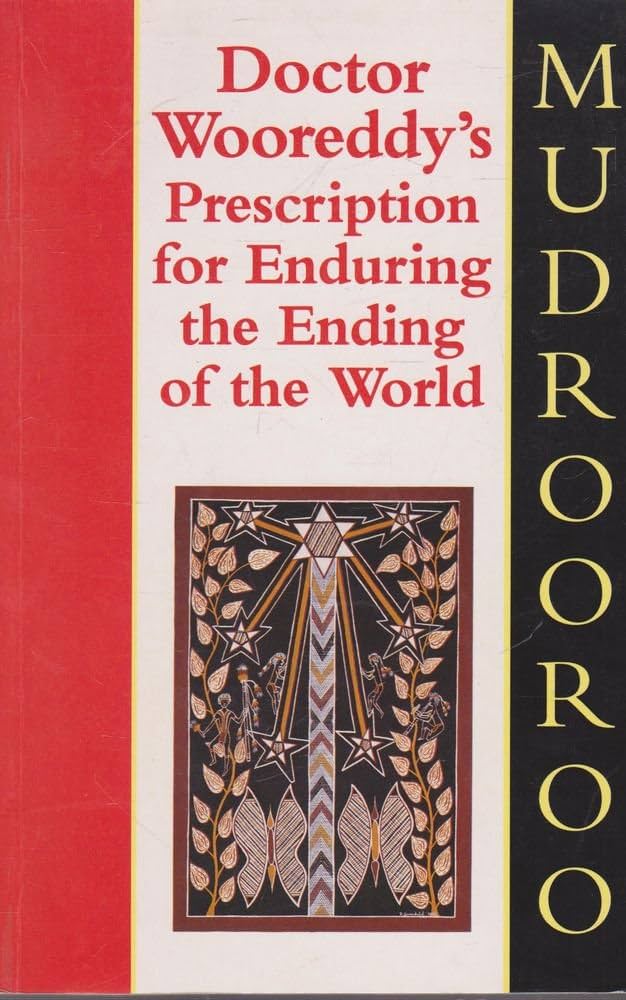Fiction
Seven Books for Grossman by Morris Lurie & Uphill Runner by James McQueen
Perhaps too many relatives, constant rain, and excessive New Year celebrations have left me cranky and cheerless, but Morris Lurie’s latest novel, Seven Books for Grossman, did little to improve the general malaise. It is a slight volume. It certainly lacks the insight and compassion of some of Lurie’s short story collections like Dirty Friends. It also lacks the humour.
... (read more)Birds of Passage by Brian Castro & Getting Away With It by Kevin Brophy
Brian Castro’s novel Birds of Passage is a dramatic exploration of the intriguing idea, found in Butler, Jung, and others, that an individual’s life may in some way be in touch with ancestral experience. It imagines the possibility of a previous life, its outlook on reality and rhythms of existence, flowing troublingly into the consciousness of the present. The book shared the valuable Australian Vogel Prize last year. It is of some interest, but is a distinctly uneven work. Romantic in concept in its adoption of the idea of racial memory and psychic disposition, it is sometimes sententious in tone in its reaching for poetic effect, and prone to mix its narrative modes disconcertingly. It is hard to see it as a major literary prize-winner, although some of the historical episodes in its dual narrative are nicely done and the basic idea in itself is an attractive one.
... (read more)Stories from Suburban Road: An autobiographical collection by T.A.G. Hungerford
T.A.G. Hungerford’s new book Stories from Suburban Road is sub-titled ‘an autobiographical collection’ and comes complete with an appendix of photographs in the style of a family album with captions such as ‘Mick and me, 1922’, ‘Me, aged 16, and Phyllis Kingsbury, Scarborough, 1931’, and ‘Mum and Mrs Francis Victoria Wood, Como Beach, 1930’. Also, throughout the collection each story, sixteen in all, is accompanied by a photograph of the period of the author’s childhood and adolescence between the wars. The impression this provides is that the reader is invited to participate in Hungerford’s nostalgia for his past which consequently may be an inaccessibly private world – more reminiscence than substance. This impression proves to be quite incorrect. The photographs are moments frozen in time, enclosed in a period before this reader was born and the stories offer insight into them. They mutually contribute to the impression created, generally, of a world of innocence and delight. The happy and robust youth in the photographs looks contentedly into the camera from an ordered, acceptable world. They also perhaps complement the selectivity of the author’s imagination.
... (read more)Archimedes and the Seagle by David Ireland & Jane Austen in Australia by Barbara Ker Wilson
“I wrote this book to show what dogs can do”, writes Archimedes the red setter in the preface to his book, and what follows are the experiences, observations and reflections of a dog both ordinary and extraordinary.
Archimedes’ physical life is constrained by his ‘employment’ with the Guests, an average Sydney suburban family – father, mother and three children. He is taken for walks – the dog laws make unaccompanied walks too dangerous, he leaves his “messages” in appropriate places, he knows the electricity poles intimately, and the dogs in his territory, Lazy Bill, Princess, Old Sorrowful Eyes and Victor the bulldog.
... (read more)I occasionally still deliver a lecture I first gave in 1966 though with appropriate variations. One version was published in Quadrant, March-April 1974. There I describe our long tradition of documentary writing or, as H. M. Green called it, “applied writing”.
One of my arguments that I expanded in a series of unpublished lectures was, and is, that from the earliest white settlement to now, writers in this country, and indeed in America and other new world colonies, devoted, and still devote, time and skills to describing matters that older cultures and places take more for granted. I think this tradition delayed the writing of good novels in Australia and also accounts for certain early Australian novels, and indeed novels as late as the 1930s, being over-weighted with descriptions and explanation. It takes time for the generality of authors to find voices to express inner scenery in an external fashion.
... (read more)Ian Donaldson’s The Rapes of Lucretia is a book so rich in ideas that a review can only be unfairly perfunctory. It starts from ancient accounts of the rape of Lucretia and tracks the transformations of the myth through two millennia. This is no wearisome catalogue, no tedious grinding of PhD mills. Donaldson is, as he puts it, “especially interested in the close relationship that may exist between the creative and the philosophical processes of mind; between art and argument”. What emerges is a sturdy contribution to the history of ideas, a book showing how a myth which sustained Roman ideas of heroism and political liberty was used at different periods of history to reflect and embody changing political and sexual ideas.
... (read more)Thomas Shapcott uses as a basis for his novel the fascinating life story of Karoly Pulszky, who left Hungary as the disgraced Director of the National Gallery of Art and who committed suicide after two months in Queensland. Pulszky, a forceful and flamboyant man, followed in the footsteps of his distinguished father in building up Hungary’s art collection. He was married to Emilia Markus, ‘The Blonde Wonder of Budapest, the Greatest Actress in Hungary’. Financial mismanagement enabled his family’s political enemies to bring him down and he left Hungary in shame. Years after his death, one of his two daughters, Romola, married Nijinsky, and she wrote extensively about her own colourful life. Shapcott draws on her writings with considerable skill.
... (read more)The Woman Who Lives Here and Other Stories by Gary Catalano & Point of View by Joan Woodberry
Gary Catalano is perhaps better known for his poetry and art-criticism rather than as a writer of short fiction. The Woman Who Lives Here, a book which contains five short stories and sixteen ‘Sketches’, will do little to alter this. For though the writing is stylistically unexceptionable, Catalano's material is perilously thin, lacking in dramatic situation, intellectual vigour and point. Of the five stories which comprise the opening section of the book, four deal with those ubiquitous themes of ‘modernism’: alienation and absence. Given the by now long and rich literary heritage which concerns itself with these concepts it is hardly surprising to find that Catalano's various formal devices rely heavily on earlier models. Techniques of discontinuity, fragmentary notes and deliberate concealments are variously used in these stories giving them an air of unresolved mystery and sometimes menace. But unlike the pioneers in such forms Catalano seems to be experimenting for experimentation's sake; no pressure of feeling informs the writing, leaving the reader with a sense of the writer's ennui, as well as that of his characters.
... (read more)Springtime In Taranaki: An Autobiography of Youth by Douglas Stewart
Douglas Stewart is one of the great all-rounders, perhaps the greatest, of our literature; one recalls that Nancy Keesing once described him as probably t
Foremost as a poet, the subject matter of his poetry is astonishingly wide-ranging from ballads and narrative poems to the most delicate and delightful of nature and love lyrics. He has been a notable and inspiring literary editor; in a period that has now passed into history he so exploited the creative potentialities of radio to communicate culturally that he achieved an international reputation as a verse playwright; and his literary criticism down the years has been consistently respected by his peers.
... (read more)Doctor Wooreddy's Prescription for Enduring the End of the World by Colin Johnson
In Doctor Wooreddy’s Prescription for Enduring the Ending of the World, Colin Johnson presents the invasion of Australia by white men, referred to as ‘nums’ or ‘ghosts’, through the eyes of the Aborigines, ‘humans’. With the central character Wooreddy and his wife Trugernanna, (Truganinni) we witness the annihilation of a race of people, the breakdown of their culture.
... (read more)

